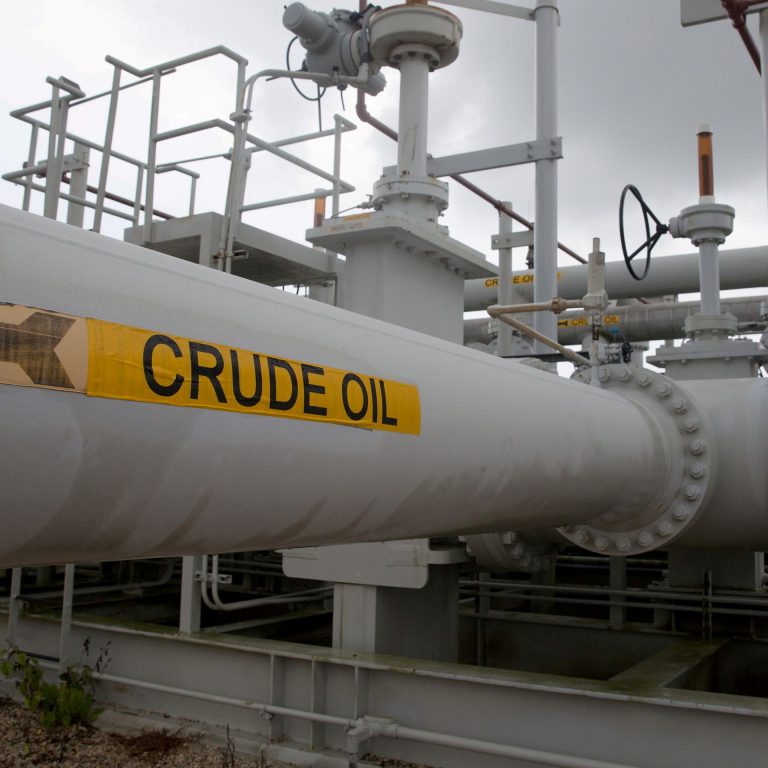
Nigeria has drawn over $1 billion in fresh investments into its oil and gas sector since President Bola Tinubu took office, according to Olu Verheijen, Special Adviser to the President on Energy. This revelation was made at the African Energy Week in Cape Town, South Africa, where Verheijen underscored the impact of new regulatory frameworks in attracting diverse investments across the oil and gas value chain.
Verheijen explained that this influx is only the beginning, with expectations of further investment commitments for deepwater exploration projects by mid-2025.
“We have unlocked over $1 billion in investments across the value chain, and by the middle of 2025, we expect to see Final Investment Decisions on two more projects, including a multibillion-dollar deepwater exploration project, which will be the first of its kind in Nigeria in over a decade – one of many to come,” she noted.
Register for Tekedia Mini-MBA edition 17 (June 9 – Sept 6, 2025) today for early bird discounts. Do annual for access to Blucera.com.
Tekedia AI in Business Masterclass opens registrations.
Join Tekedia Capital Syndicate and co-invest in great global startups.
Register to become a better CEO or Director with Tekedia CEO & Director Program.
These anticipated deepwater projects, if realized, would mark a revival of high-stakes investments in Nigeria’s offshore oil fields, an area that has been largely dormant over the past decade.
Nigeria’s progress is rooted in its Petroleum Industry Act (PIA), which, after a twenty-year legislative delay, received Presidential assent in 2021. Verheijen explained that the current administration is leveraging this framework with an accelerated approach to establish Nigeria as a “leading global producer and exporter of energy.”
She outlined the government’s new strategy to expedite regulatory approvals, noting, “We are already seeing the fruit of our work. Regulatory approvals are being expedited, major investment decisions are being finalized across the value chain.”
The PIA has provided a legal structure for the oil and gas industry, aiming to enhance transparency, boost competitiveness, and create a more conducive environment for local and foreign investments. This law is further bolstered by President Tinubu’s reforms to streamline business processes in the sector, reduce bureaucratic delays, and enhance investor confidence.
The presidential adviser described the administration’s approach as one that “is not held back by the outdated approaches and assumptions of the past,” adding that Nigeria is “open, daring, and eager to leave a legacy that will stand the test of time.”
Key Reforms Under Tinubu’s Administration
Since taking office in May 2023, President Tinubu has introduced a series of reforms designed to reduce operational costs and timeframes, positioning Nigeria as a more attractive destination for oil and gas investments. In February 2024, the administration enacted three critical presidential directives aimed at creating tens of thousands of jobs, boosting foreign exchange, increasing tax revenue, and supporting the broader economy. These directives include:
- Tax Relief for Deep Offshore Oil Projects: New tax incentives were introduced specifically for deep offshore projects, which are high-cost but high-potential ventures, expected to encourage substantial foreign investment.
- VAT Exemptions on Key Energy Products: Value-added tax (VAT) exemptions were extended to include LPG, CNG, diesel, and other critical energy products. These exemptions, outlined in the VAT Modification Order 2024 and the Notice of Tax Incentives for Deep Offshore Oil & Gas Production, aim to reduce costs for producers and end consumers.
- Enhanced Business Environment for Oil Operators: The administration has implemented measures to streamline business processes, making it easier for operators to navigate regulatory approvals, while ensuring compliance with environmental and economic standards.
The oil and gas sector remains the bedrock of Nigeria’s economy, being the largest source of foreign exchange and a major contributor to tax revenue. The government’s recent initiatives are anticipated to bolster macroeconomic stability and strengthen Nigeria’s overall economic resilience. The reforms are designed not only to attract investments but also to create a ripple effect that would stimulate job creation, elevate foreign exchange earnings, and increase tax revenues.
Verheijen expressed confidence in Nigeria’s path toward a diversified energy sector that balances fossil fuels and renewables.
“We see the abundant opportunities that lie ahead. We see a Nigeria that is a leading global producer and exporter of energy – whether it’s fossil fuels or renewables,” she said.
The next phase of Nigeria’s energy strategy will hinge on the successful implementation of these reforms, with deepwater project investments expected to play a central role. If the anticipated investments come to fruition, they will likely usher in a new era of offshore drilling activities and potentially elevate Nigeria’s standing within the global energy market.
Verheijen’s statement on anticipated multibillion-dollar investments by mid-2025 highlights the government’s ambition to rejuvenate Nigeria’s offshore fields, which hold significant untapped reserves.



